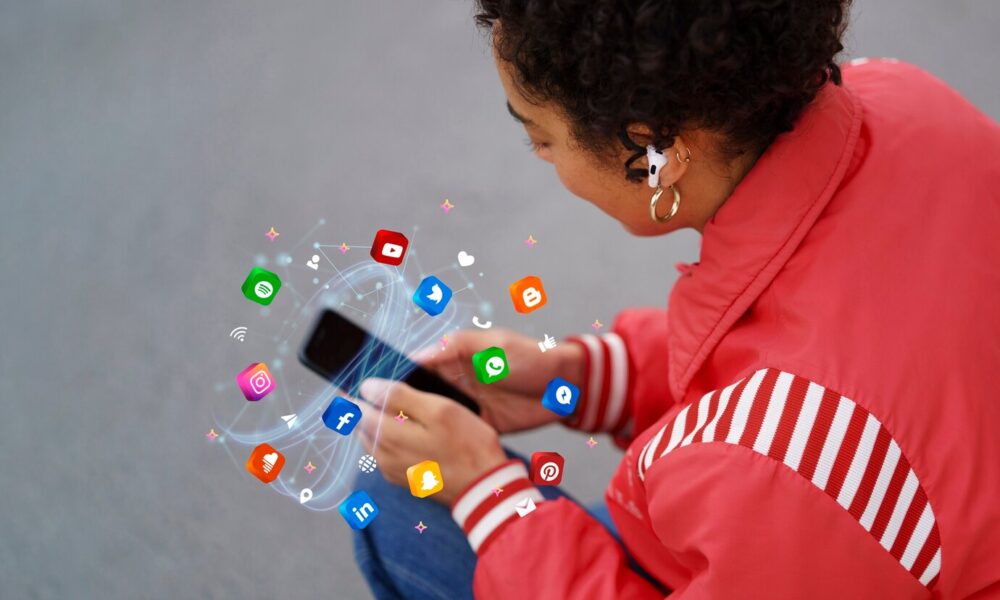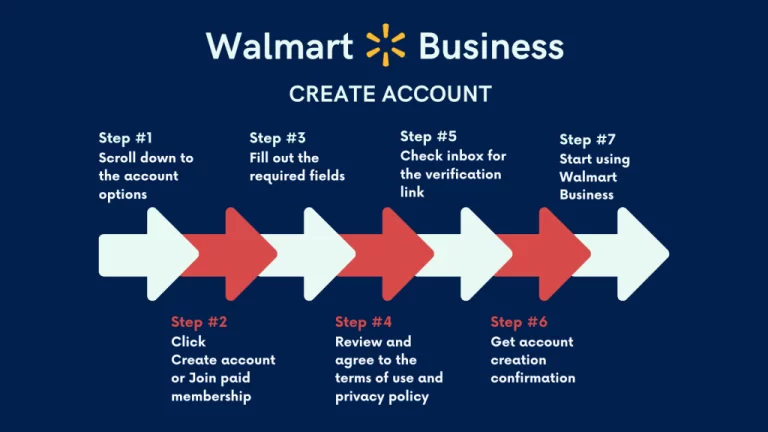
Introduction
In today’s fast-paced digital age, social media apps have become an integral part of our lives. These apps offer us a platform to connect, share, and engage with others on a global scale. However, the excessive use of social media apps has led to a phenomenon known as the banality of life. This article delves deep into the implications of social media app addiction and how it has affected our everyday existence.
The Rise of Social Media Apps
Social media apps have experienced an unprecedented rise in popularity over the past decade. Platforms like Facebook, Instagram, Twitter, and Snapchat have millions of active users, making them a dominant force in the digital landscape. These apps provide users with a constant stream of information, updates, and interactions, all tailored to their individual preferences.
The Allure of Social Media
One of the main reasons social media apps have become so addictive is the instant gratification they offer. With a simple swipe or tap, users can access a wide array of content, including photos, videos, and status updates. This constant influx of information triggers a dopamine release in the brain, creating a pleasurable sensation that encourages users to keep coming back for more.
The Banality of Life
Despite the vast amount of content available on social media apps, much of it is mundane and unremarkable. Users often find themselves scrolling through an endless feed of trivial updates, such as what someone had for breakfast or a selfie taken at a generic location. This constant exposure to banal content can lead to a sense of dissatisfaction and disillusionment with one’s own life.
The Impact on Mental Health
Social media app addiction has been linked to various mental health issues. The constant comparison to others, as portrayed on these platforms, can lead to feelings of inadequacy, low self-esteem, and even depression. Moreover, the addictive nature of social media can result in decreased productivity, increased stress levels, and a lack of real-life social interactions.
Escaping the Social Media Trap
Breaking free from the grip of social media app addiction requires conscious effort and self-discipline. Here are some strategies to consider:
1. Set Boundaries
Establish specific times of the day for social media use and stick to them. Avoid mindless scrolling during work hours or before bedtime, as this can disrupt your focus and sleep patterns.
2. Practice Mindfulness
Be present in the moment and engage with your surroundings. Instead of reaching for your phone, take a walk, read a book, or have a face-to-face conversation with a friend. Rediscover the beauty of real-life experiences.
3. Find Alternative Activities
Discover hobbies or activities that bring you joy and fulfillment. Engage in activities such as painting, playing a musical instrument, or practicing yoga. These alternatives can help redirect your focus away from social media and towards more meaningful experiences.
4. Create a Support System
Reach out to friends and family members who can provide support and understanding. Share your concerns about social media app addiction and work together to find healthier ways to spend your time. Having a support system can make the journey towards reducing social media usage easier.
5. Utilize App Limiting Tools
Take advantage of the app limiting features available on most smartphones. These tools allow you to set time limits for specific apps, helping you regain control over your social media usage. Use these tools to gradually decrease the amount of time you spend on social media apps.
Rediscovering a Meaningful Life
By breaking free from the banality of social media, you open up opportunities to rediscover a more meaningful and fulfilling life:
1. Cultivate Real Relationships
Invest time and effort into building and nurturing real relationships with friends, family, and loved ones. Engage in face-to-face interactions, have meaningful conversations, and create lasting memories that go beyond the superficial connections found on social media.
2. Pursue Personal Growth
Use the time you once spent on social media to focus on personal growth and self-improvement. Take up new hobbies, learn new skills, or pursue educational opportunities. This investment in yourself can lead to a greater sense of fulfillment and purpose in life.
3. Live in the Present
Avoid getting caught up in the virtual world of social media and instead embrace the present moment. Practice mindfulness and gratitude, appreciating the small joys and experiences that make up your daily life. By being fully present, you can find beauty and meaning in even the simplest of moments.
4. Contribute to the Community
Engage in activities that contribute to the betterment of your community. Volunteer for local organizations, participate in charity events, or support causes that align with your values. Making a positive impact in the real world can bring a sense of fulfillment and purpose that social media cannot replicate.
Conclusion
Social media apps have undoubtedly transformed the way we connect and share information. However, the addictive nature of these platforms and the banality of the content they often present can have a detrimental impact on our lives. By recognizing the negative effects of social media app addiction and implementing strategies to break free from its grip, we can rediscover a more meaningful and fulfilling existence. Let us strive for a balance between the virtual and real world, embracing the richness of life beyond the confines of social media.













Thanks, Stephen. Do you happen to know how I can get Cozi TV? I have OTA but Cozi TV doesn’t come in anymore. I live just southwest of Baltimore.